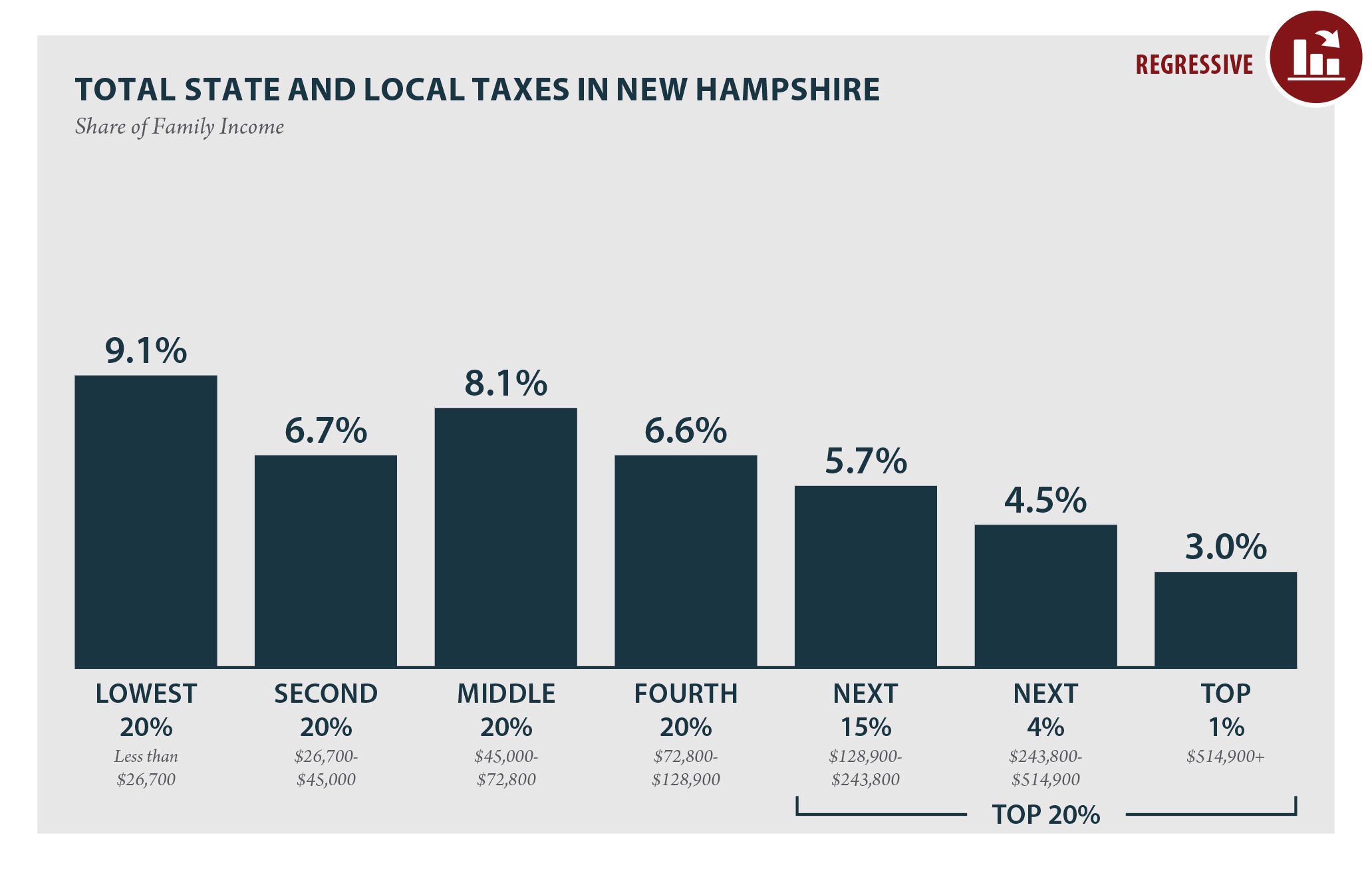New Hampshire Income Tax: Everything You Need to Know
**Are you a resident of the Granite State wondering about New Hampshire income tax? Well, you’re in luck!** In this article, we’ll explore all there is to know about income tax in New Hampshire and how it differs from other states. Whether you’re a current resident, considering a move to the state, or just curious about state tax regulations, we’ve got you covered. Let’s dive right in!
Overview of New Hampshire Tax System
New Hampshire is one of the few states in the United States that does not levy an income tax on its residents. It is most well-known for not having a state income tax, making it an attractive destination for individuals and businesses alike. However, it’s important to note that while there is no income tax, there are other taxes and fees in the state that help generate revenue.
Income Tax in Other States
While New Hampshire stands out for its lack of income tax, the majority of states in the US do impose an income tax on their residents. These taxes vary based on income brackets and rates, and each state has its own regulations governing how taxes are calculated and collected. For individuals living in states with income tax, a portion of their income is withheld by their employer and remitted to the state on their behalf.
Why Doesn’t New Hampshire Have an Income Tax?
One of the main reasons why New Hampshire does not have an income tax is its reliance on other sources of revenue. The state makes up for the absence of an income tax by imposing higher taxes and fees on other areas such as property taxes, meals and rooms taxes, and business taxes. This revenue model allows New Hampshire to finance its public services and infrastructure without having to levy an income tax on its residents.
Property Taxes in New Hampshire
Property taxes are a significant source of revenue in New Hampshire. The state relies heavily on property owners to contribute to the funding of local education, public safety, and other municipal services. Property tax rates can vary widely across different towns and cities in the state, and they are based on the assessed value of the property. Homeowners and businesses should be mindful of their property tax obligations when residing or operating in New Hampshire.
Business Taxes in New Hampshire
While individuals in New Hampshire are spared from income tax, businesses are subject to certain taxes and fees. The Business Profits Tax (BPT) and the Business Enterprise Tax (BET) are the two main taxes imposed on businesses operating in the state. The BPT is calculated based on net business profits, while the BET is levied on business enterprise value. It’s crucial for businesses to understand and comply with these tax regulations to avoid any penalties or legal issues.
Frequently Asked Questions
Q: Are there any other taxes in New Hampshire besides those mentioned?
Yes, there are additional taxes and fees in New Hampshire, such as the meals and rooms tax, the real estate transfer tax, and the statewide education property tax. These taxes help support various state programs and services.
Q: Can I claim deductions on my federal income tax return if I live in New Hampshire?
Yes, residents of New Hampshire are still eligible to claim deductions on their federal income tax return. While the state does not impose an income tax, federal tax regulations still apply.
Q: What are the benefits of living in a state without income tax?
Living in a state without income tax can have several advantages. It allows individuals to keep a larger portion of their income, encourages economic growth and investment, and can make the overall cost of living more affordable.
Final Thoughts
In conclusion, living in New Hampshire means saying goodbye to state income tax. The absence of income taxes is one of the key reasons why many individuals and businesses choose to call the Granite State their home. However, it’s important to be aware of other taxes and fees in the state, such as property taxes and business taxes, which help support public services and infrastructure. Understanding your tax obligations is crucial for staying compliant and making informed financial decisions in New Hampshire. So, if you’re considering a move to the state or are a current resident, now you have a better understanding of income tax in New Hampshire.
